El Salvador’s Abortion Ban in the age of Zika
The argument over when the human life begins is one of the most contentious in our world today. There are 66 countries that prohibit abortion under nearly all circumstances—though almost all of them exclude cases where the mother’s life is in danger.
But in six of these nations, there are no exceptions. This dramatic repression of reproductive rights in El Salvador, Nicaragua, Dominican Republic, Chile, Malta, and the Vatican forbids the practice even in situations of rape, incest, unviable fetus, or risk to the mother’s life.
Earlier this year, during the height of the spread of the mosquito born illness, Zika, the Salvadoran Ministry of Health recommended that women abstain from pregnancy for almost 2 years. The statement was met with outrage at the idea that women in El Salvador are in fact in charge of their own reproductive lives. Pregnant women in today’s El Salvador face a number of challenges from Zika virus, which has been linked to the condition of microcephaly in newborns, to the constant threat of gang violence. Many are victims of rape, often associated with gang initiations as well as high levels of incest, with many, alarmingly between the ages of 10 and 14. Over half of all reported suicides are of pregnant teens. However the most important threat to women’s reproductive rights is by far the State’s criminal ban on abortion. Since El Salvador’s absolute abortion ban came into law in 1998, some 150 women have been prosecuted under it. Doctors and nurses in public hospitals are required by the law to report any suspicious alteration to the authorities and provoking criminal charges which can lead to between 6 months to 7 years in prison. It is the poorer class of women who suffer the most, as doctors in private hospitals are not required to give information. Some women are even sentenced to up to 50-year prison terms for what are essentially still births. They are known as the “Mata Niños,” roughly 25-30 women imprisoned and serving between 30 to 50 year sentences on homicide charges for allegedly killing their newborn children. Prosecutors argue against the nature of science, accusing women of willing themselves to expel their premature babies, creating an environment where women are persecuted for the mere natural failures of their own bodies. A woman who contracts Zika while pregnant not only worries for the well being of her unborn child but for the increased risk of miscarrying and then being suspected and possibly accused of intentionally aborting. But then again Zika is perhaps the last of many women’s worries in El Salvador. [Official Website]
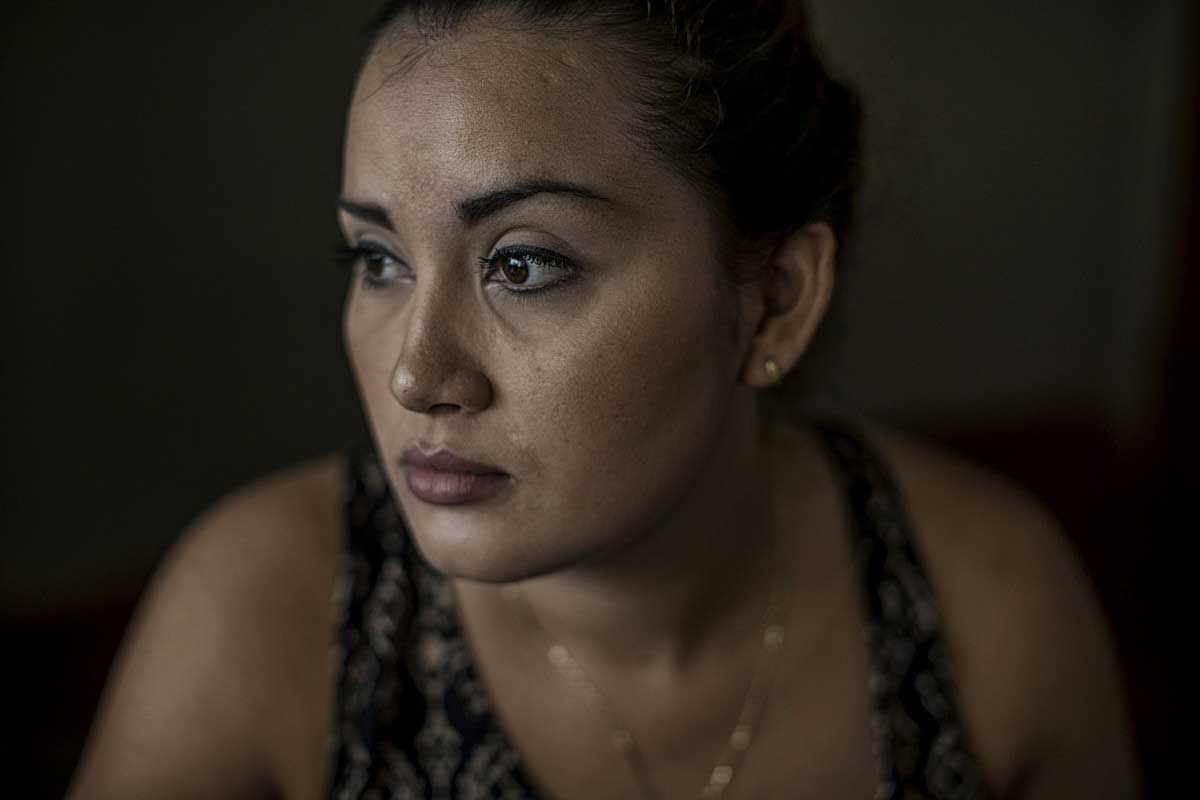
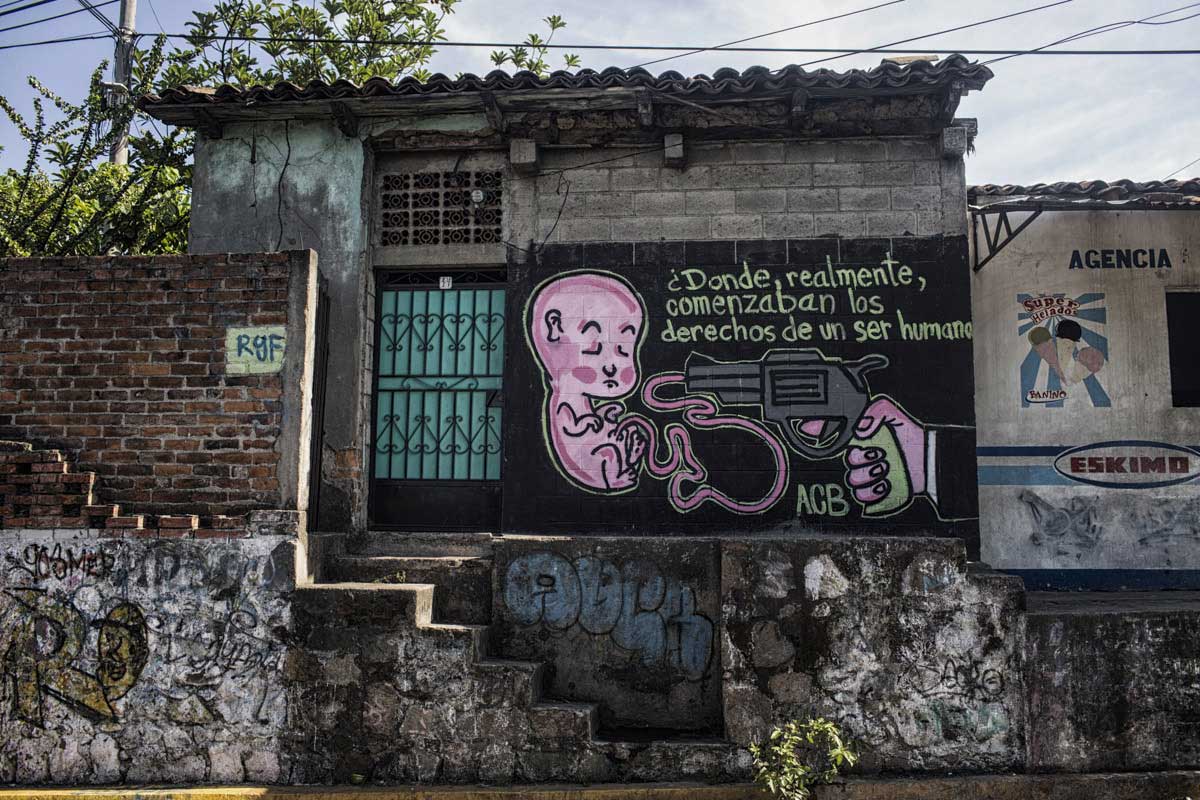
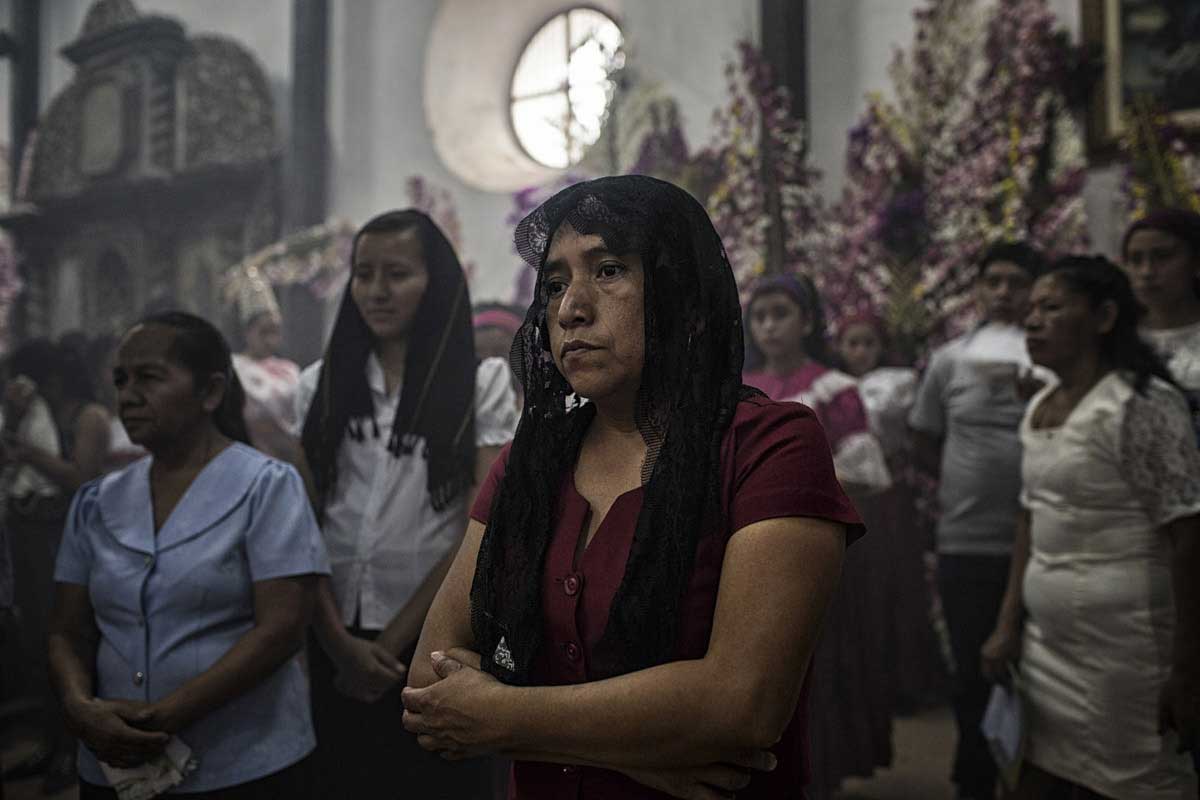
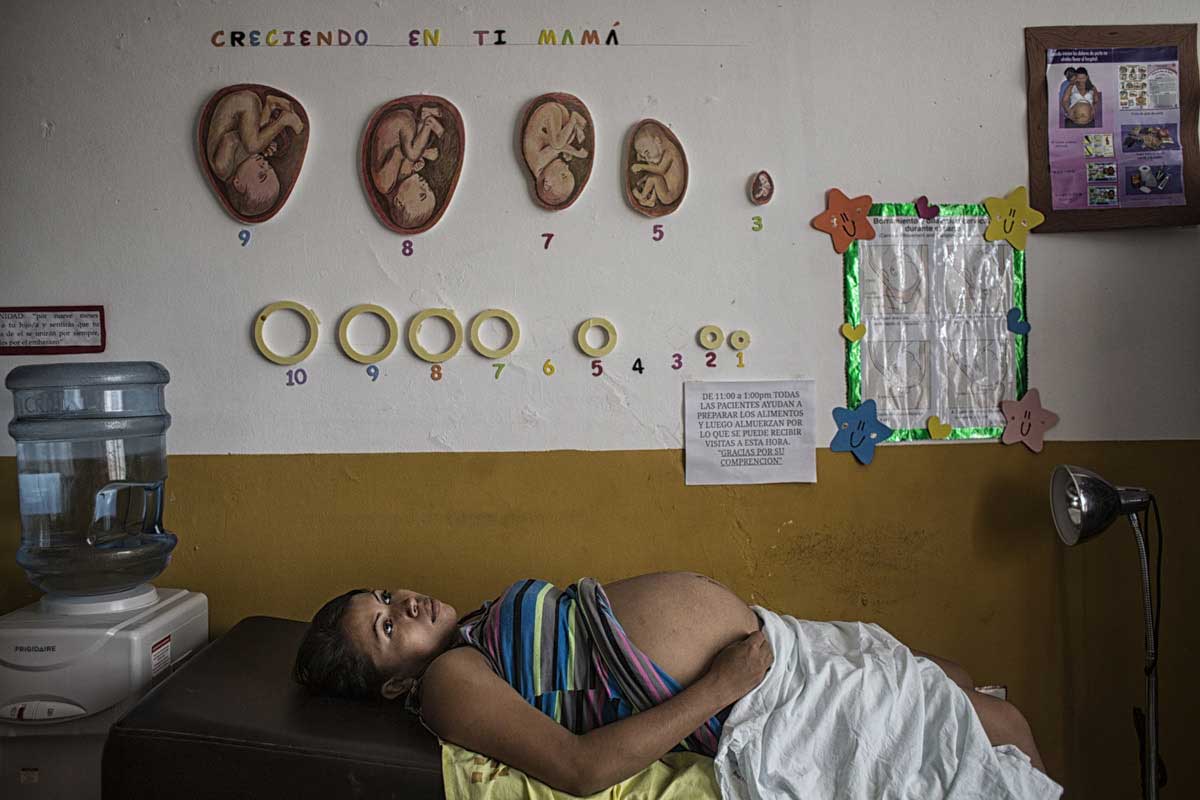
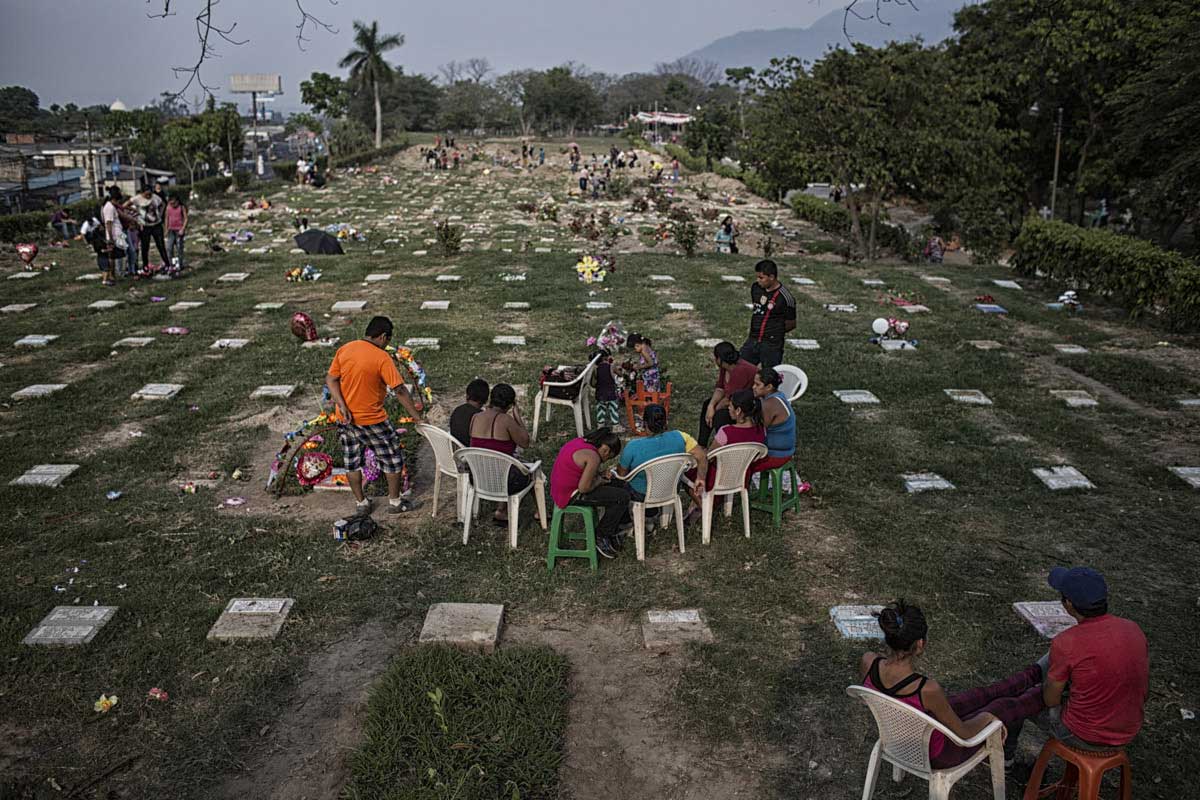
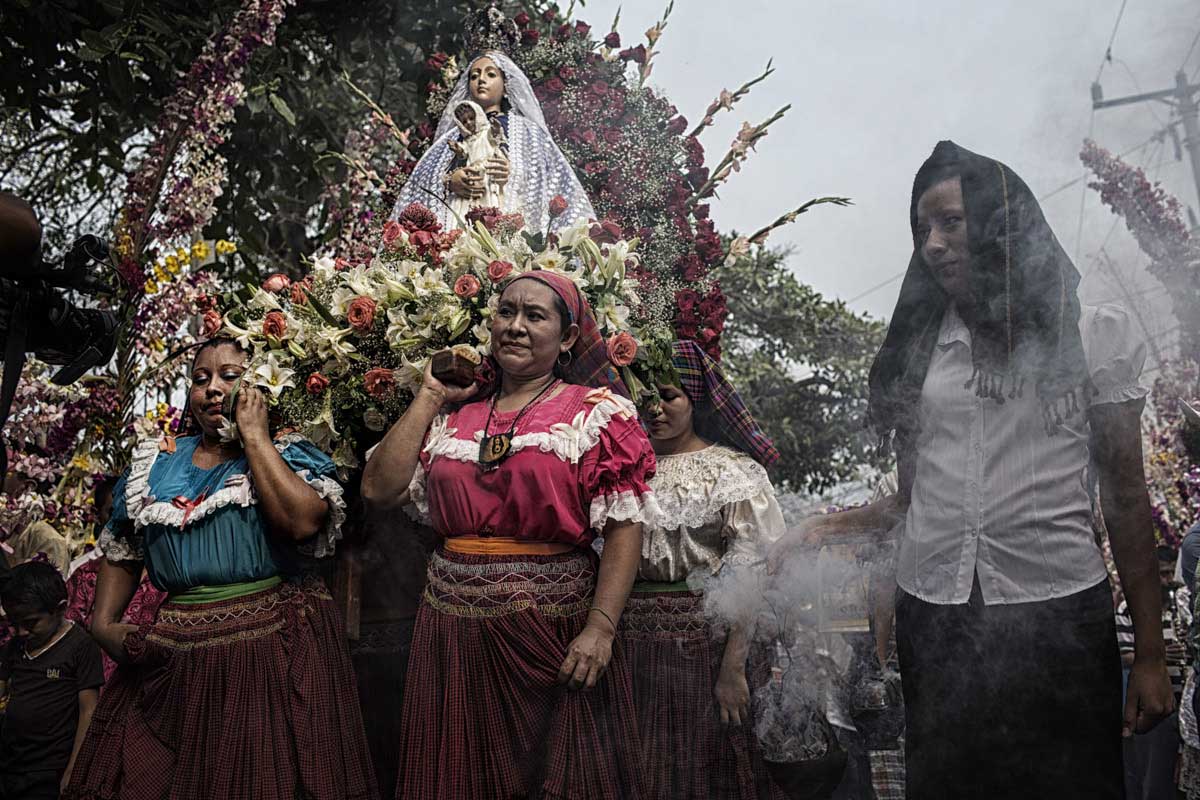
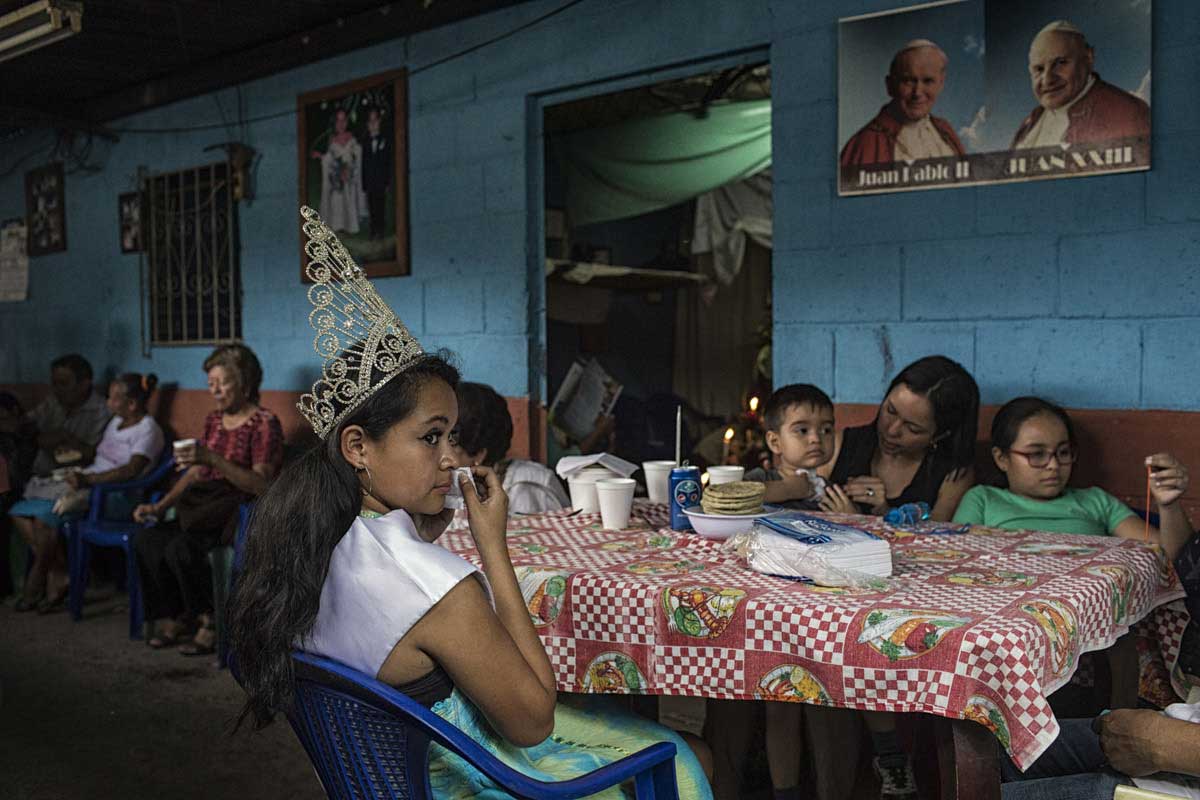
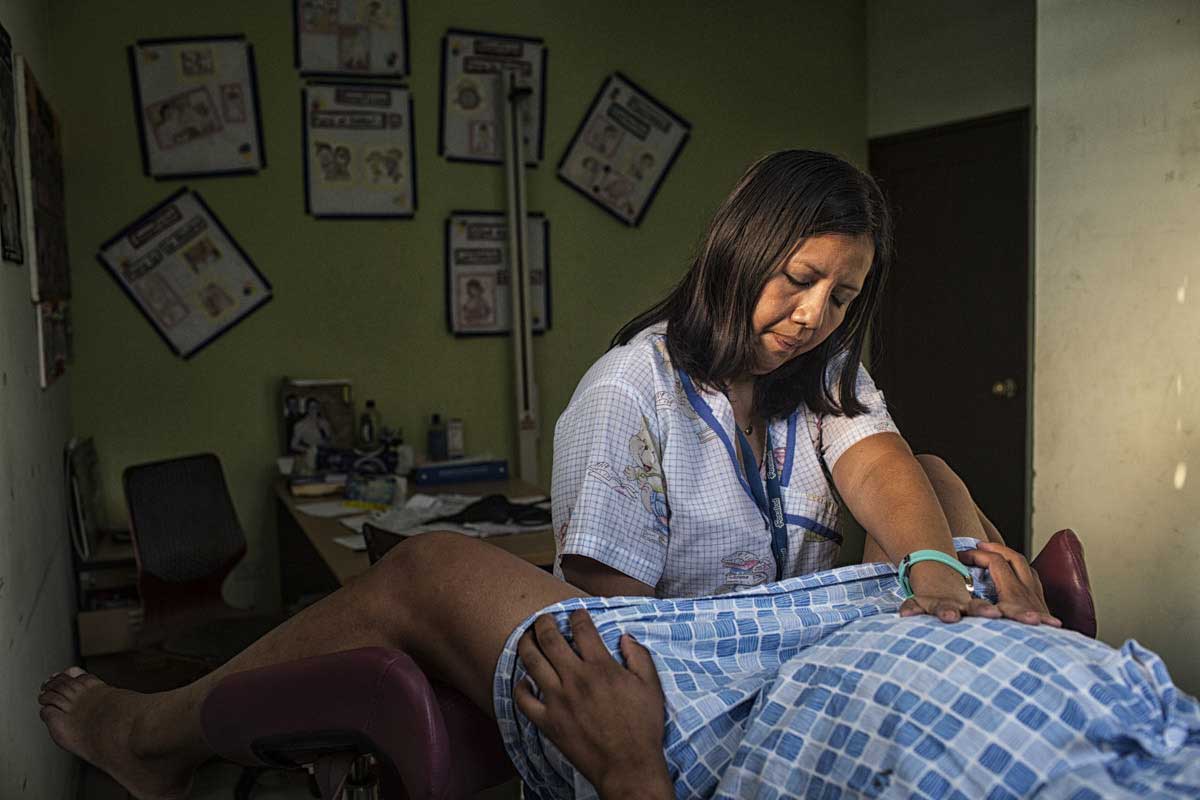
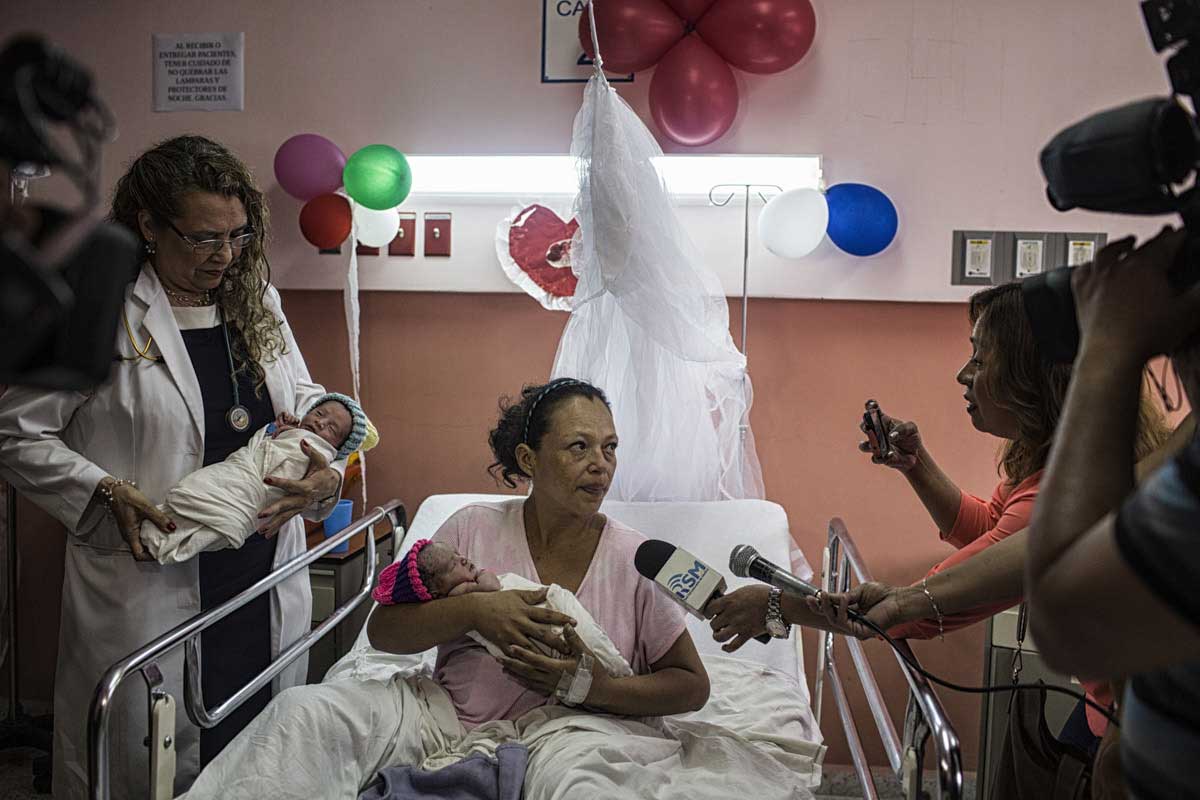
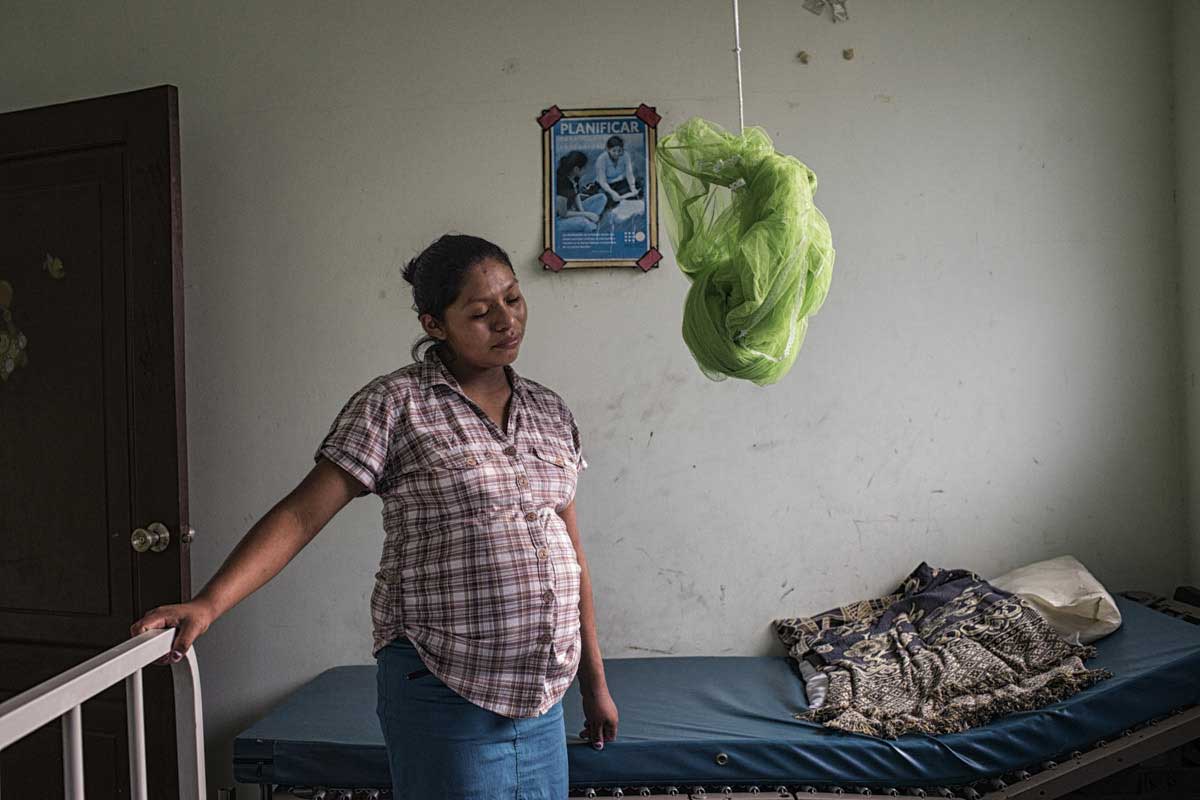
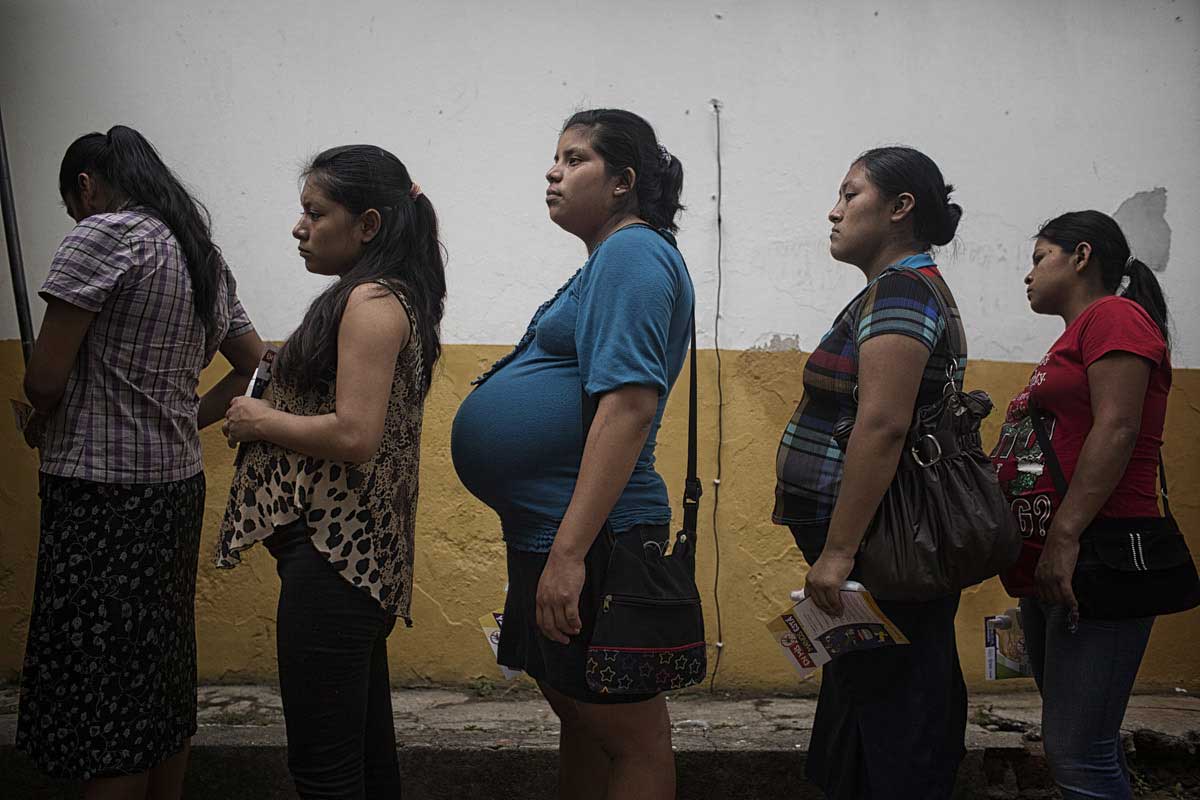
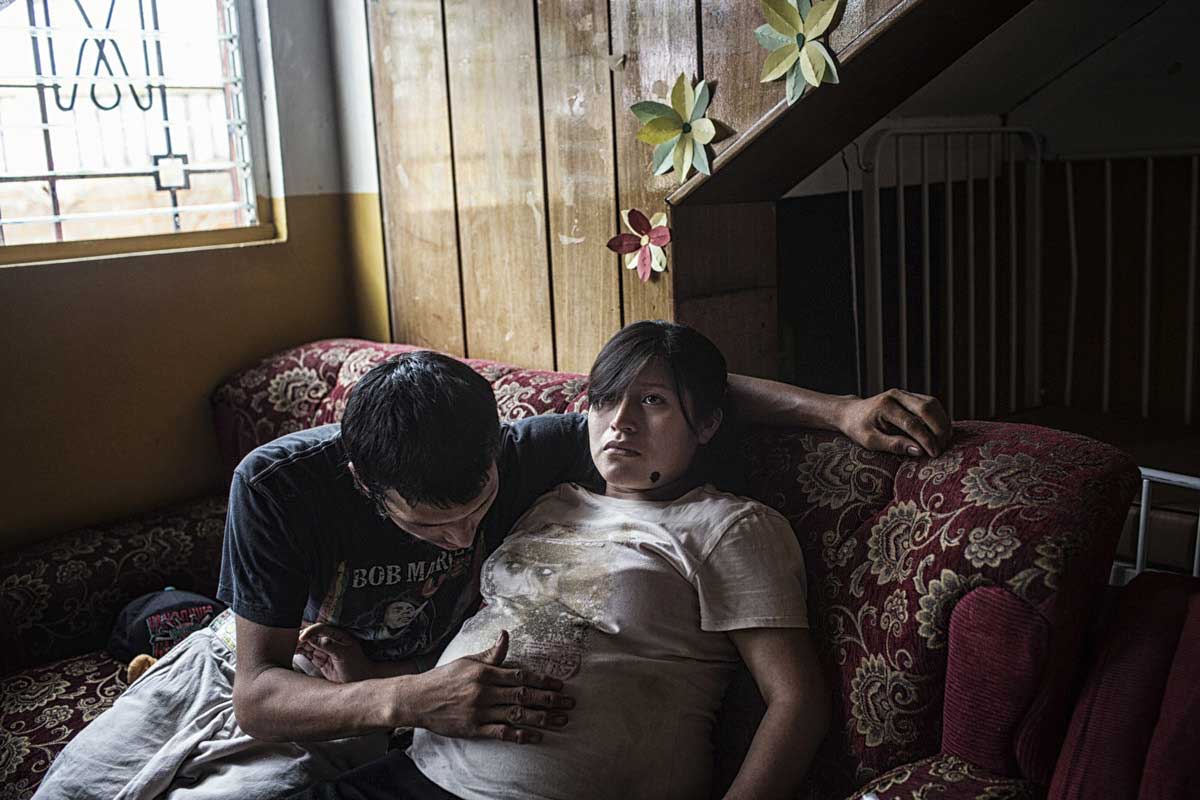
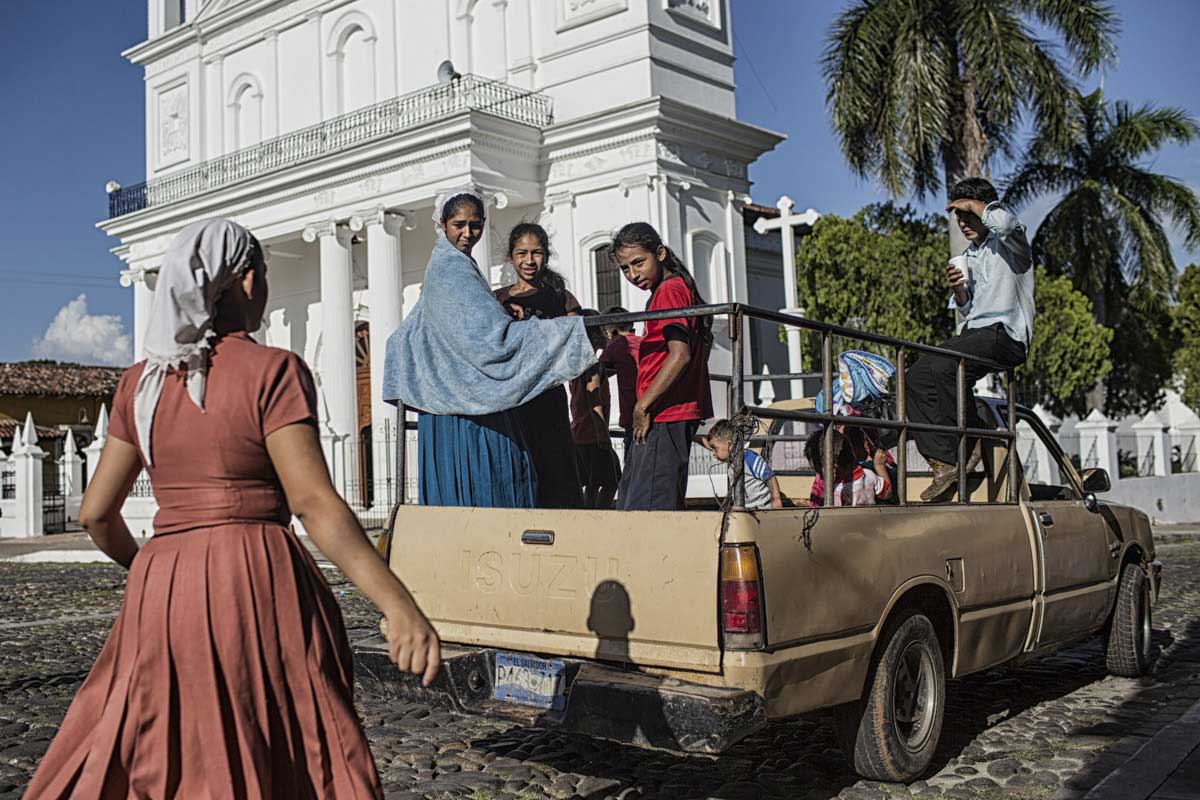
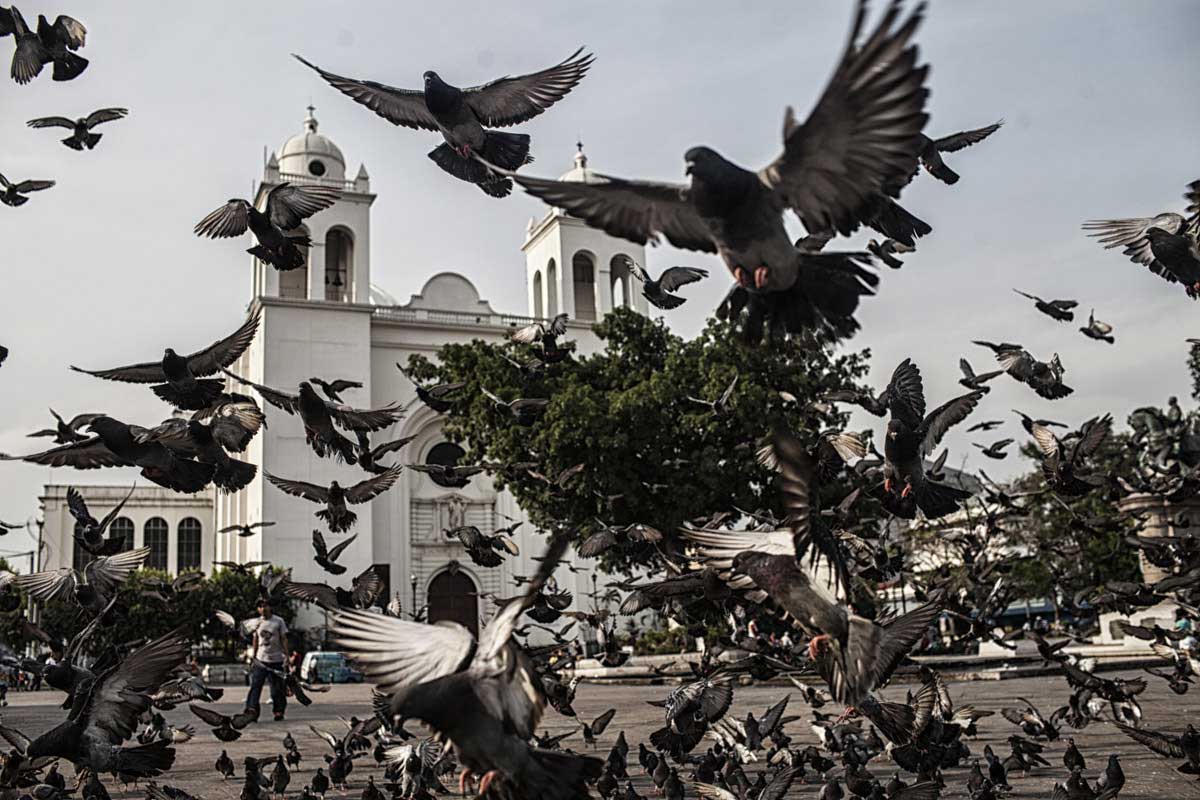
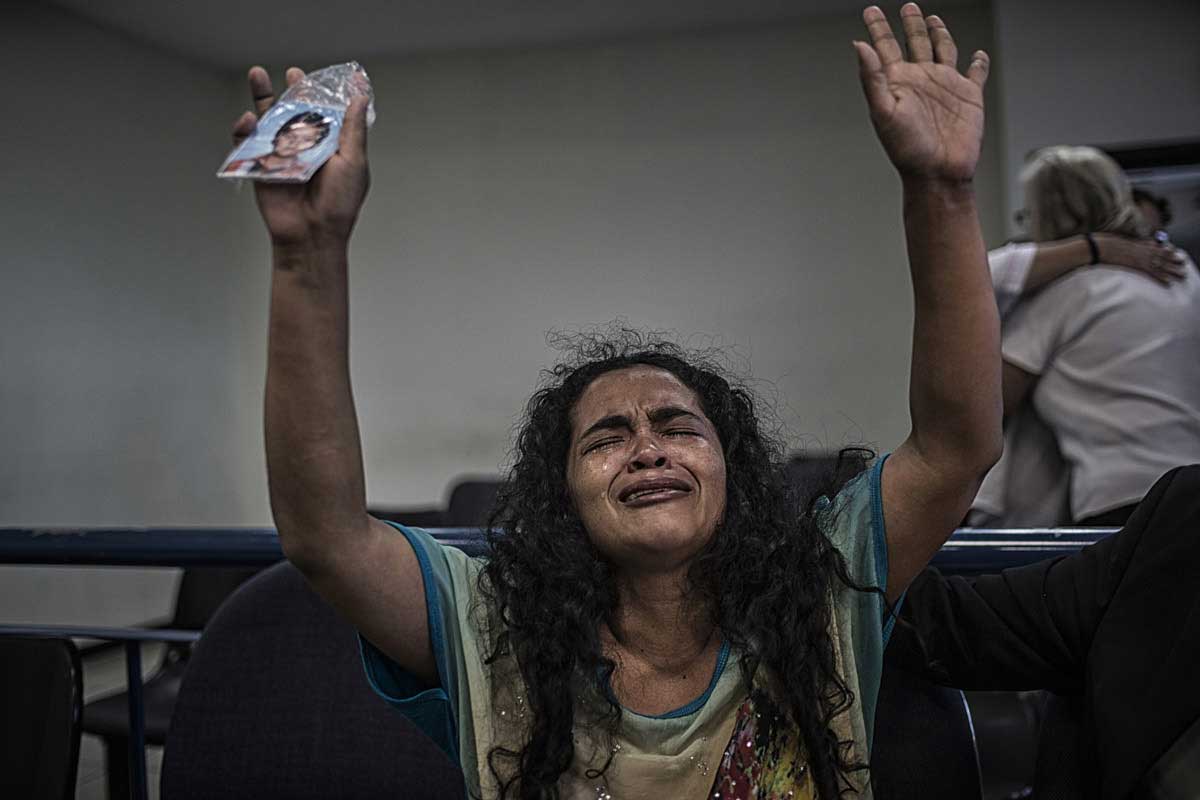
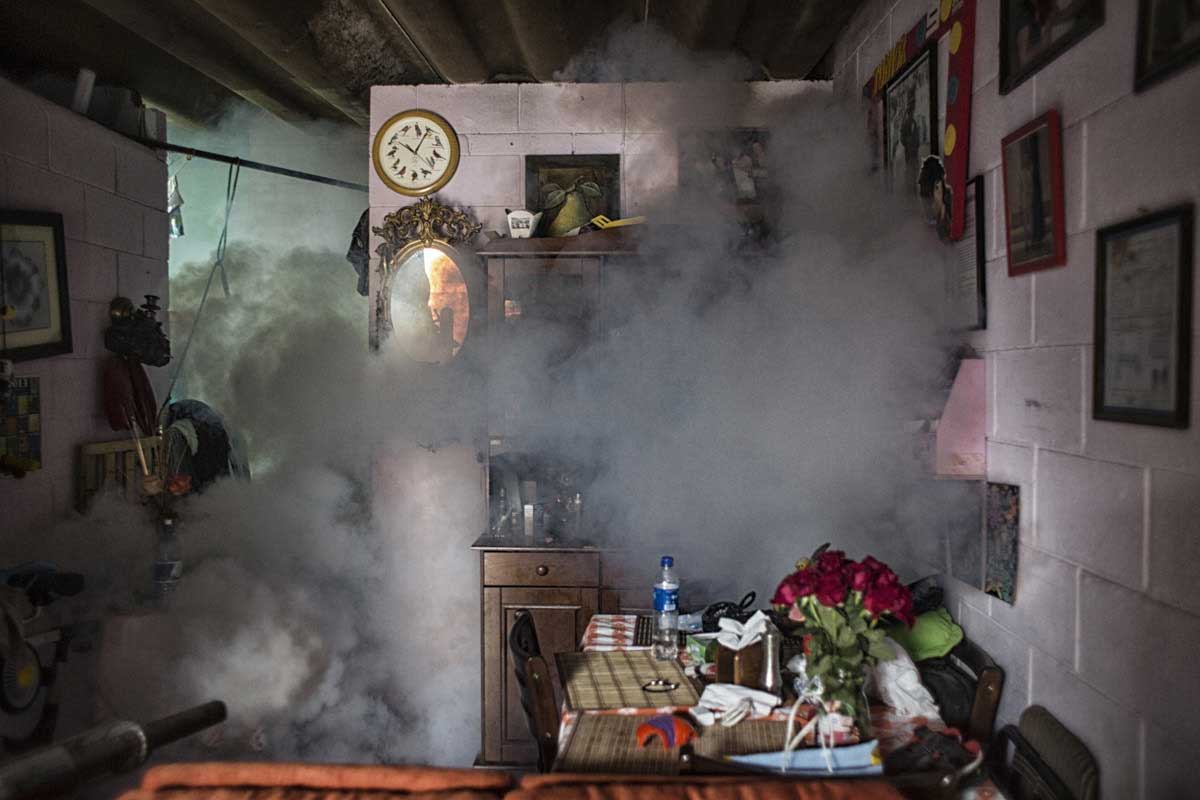
The international Women´s Media Foundation helped support Nadia´s reporting in El Salvador






